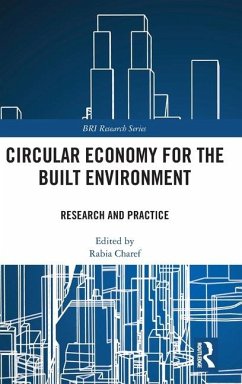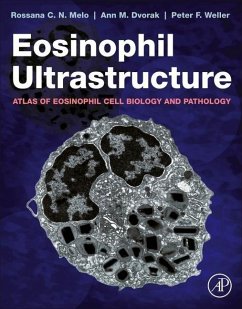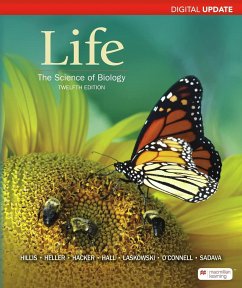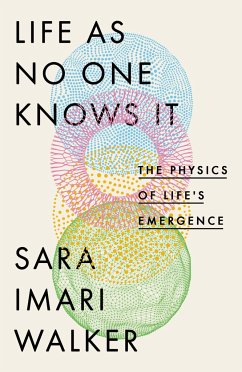Nicht lieferbar

Sustainable and Circular Management of Resources and Waste Towards a Green Deal
Versandkostenfrei!
Nicht lieferbar
Sustainable and Circular Management of Resources and Waste Towards a Green Deal highlights the importance of resource recovery, phosphorus management, climate action, clean energy transition, and a circular economy. The world is facing significant challenges, including climate disruption, environmental changes, pollution, and population explosion. Sustainable management of finite natural resources within the carrying capacity of the bio-geo-hydrosphere is the crux of transforming the global economy for a sustainable future. Moreover, keeping raw materials in circulation as long as possible and...
Sustainable and Circular Management of Resources and Waste Towards a Green Deal highlights the importance of resource recovery, phosphorus management, climate action, clean energy transition, and a circular economy. The world is facing significant challenges, including climate disruption, environmental changes, pollution, and population explosion. Sustainable management of finite natural resources within the carrying capacity of the bio-geo-hydrosphere is the crux of transforming the global economy for a sustainable future. Moreover, keeping raw materials in circulation as long as possible and minimizing the amount of waste generated has grown in significance as a part of transitioning to a circular economy (CE) model.













